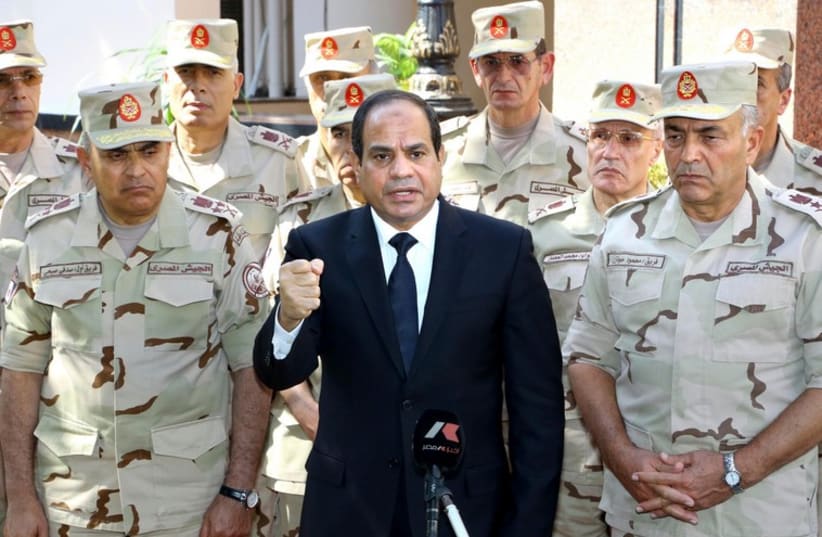Despite reports of Egypt’s instability, Sisi regime not falling tomorrow
Israeli Egypt expert: Since Sisi toppled former President Mohamed Morsi in 2013, the security apparatus and bureaucracy have been running the state and produced a kind of stability
